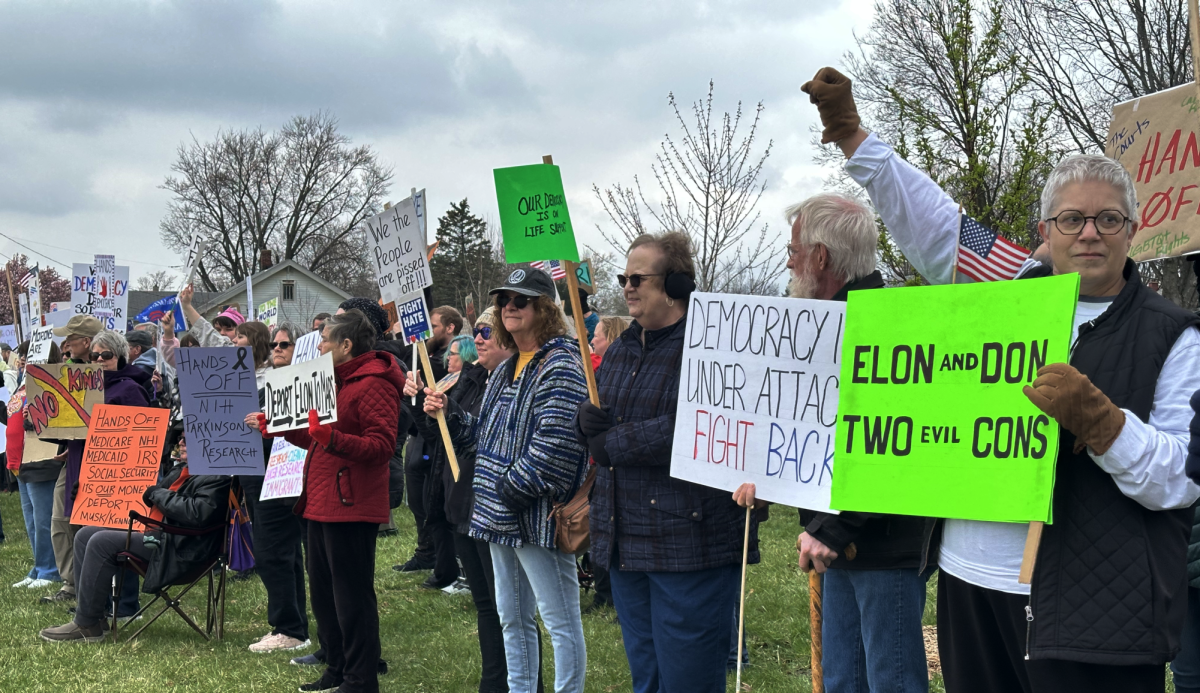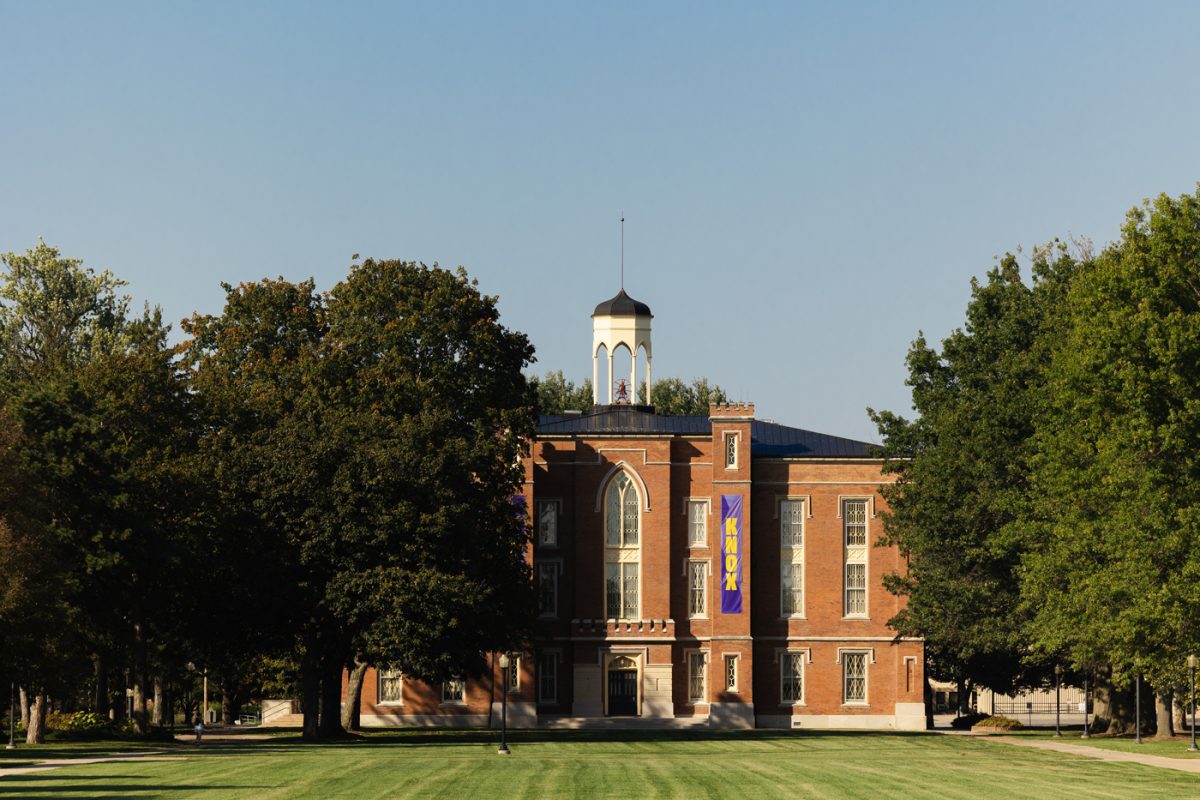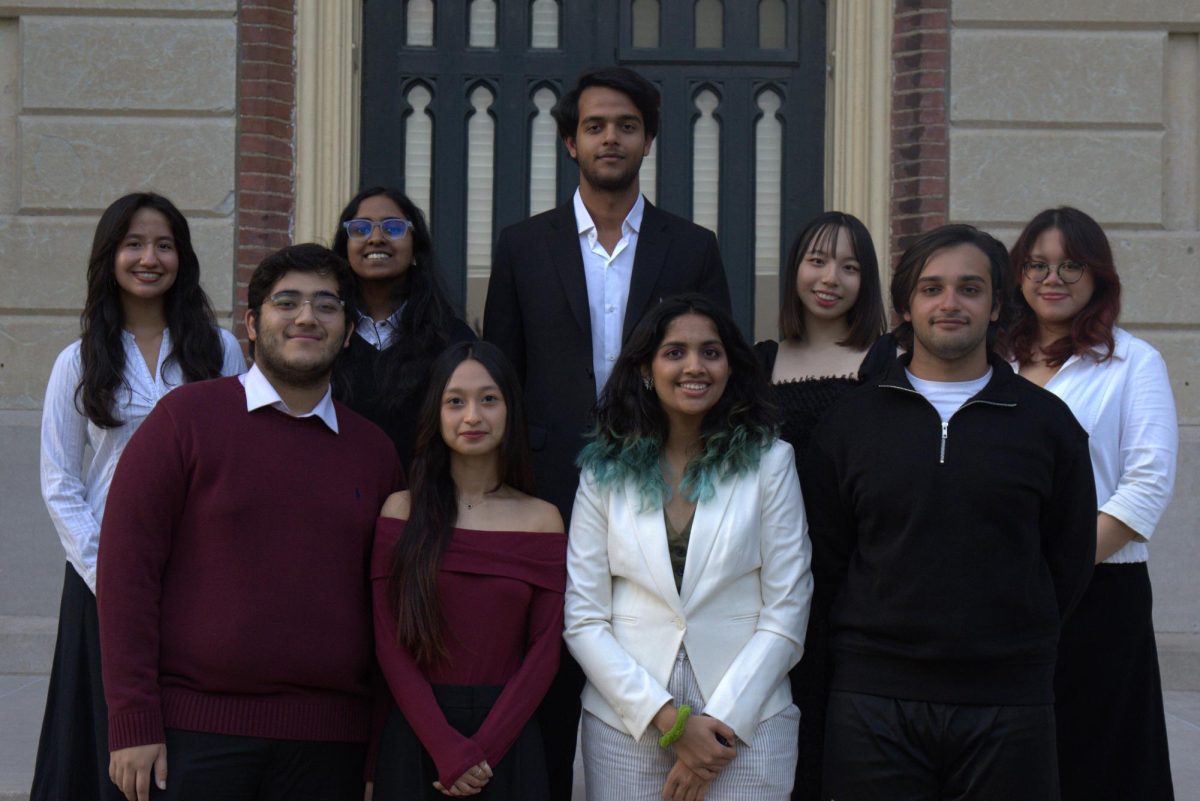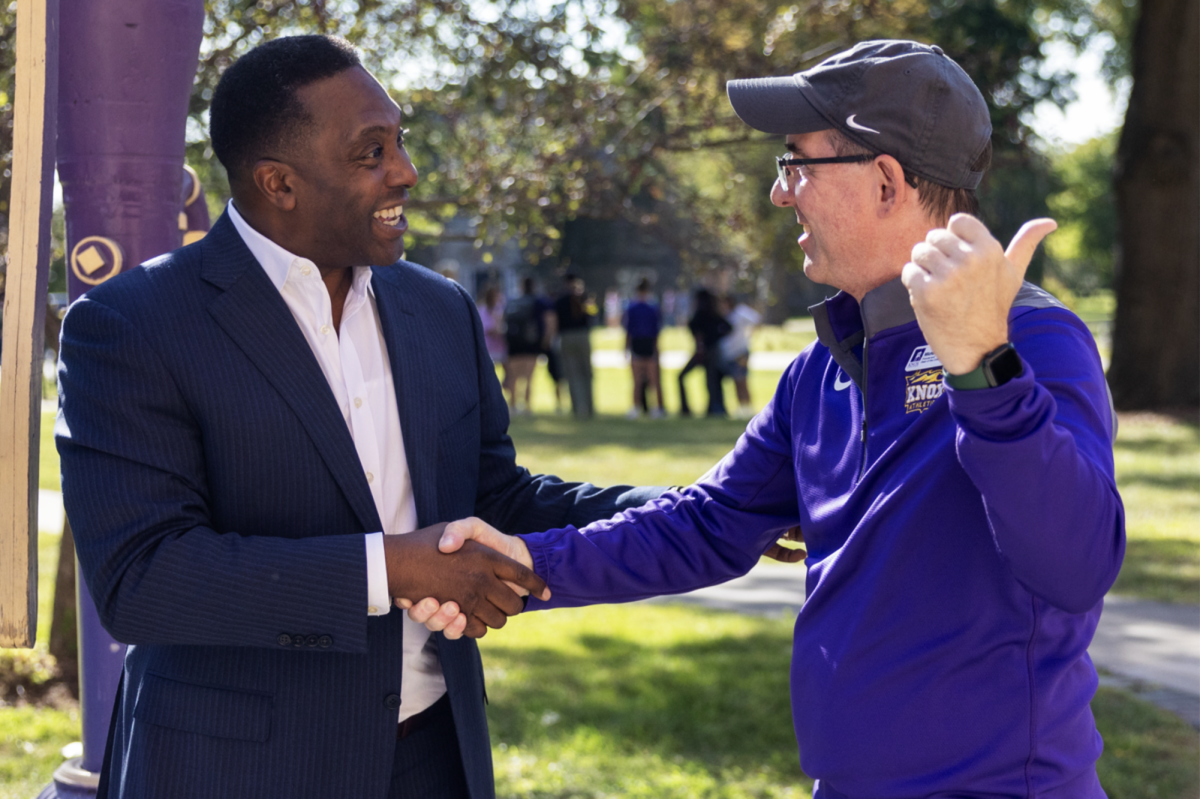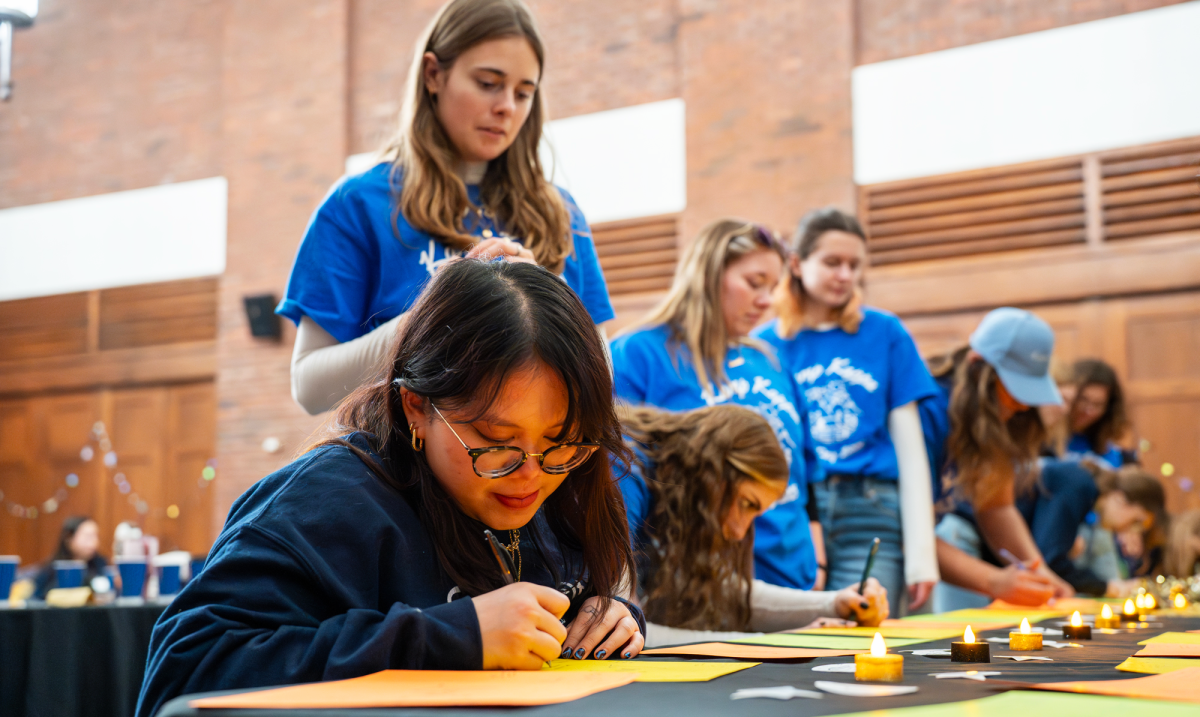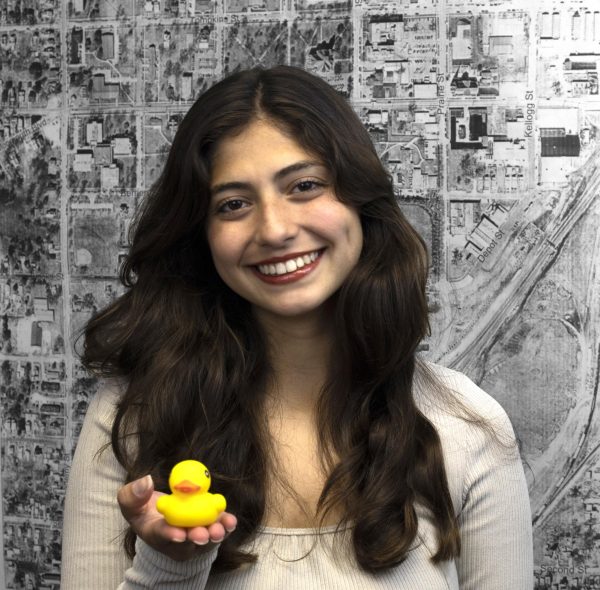Knox College will gain a new humanities laboratory that will benefit research acknowledging past issues and promoting a better future. In January 2022, Knox College was awarded the Abolition for All Time grant from the Andrew Mellon Foundation to support the establishment of the new “Abolition for All Time” Humanities Lab on campus.
The project, which will be located on the first floor of the Seymour Library, includes the involvement of Provost and Dean of the College Michael A. Schneider, Associate Dean for Faculty Affairs
Danielle S. Fatkin, and the Digital Humanities Postdoctoral Fellow Jennifer Andrella. The plan for the lab’s reform on its physical space includes bringing in digital scanners, televisions and a 3D printer in order to make the humanities more digital, technological and creative.
According to its website, Knox College “Abolition for All Time” Humanities Lab, the lab has the goal of providing student researchers the opportunity to step forward against social injustice. In the lab, students will be examining the theme of “abolition,” involving both the past legacy and concern for the future of the College.
“The goal is for this space to be able to host entire classes and teams that are part of the lab to do a
variety of creative and innovative projects. So I would say the goals of the lab are that all of the teams and faculty, along with students working with the lab, are exploring more deeply this concept of abolition, both as it relates to the college’s founding by abolitionists and what that means today,” Andrella said.
The lab already has ongoing projects developed with the classes Spanish 220, Anthropology and Sociology 276, Environmental Studies 101 and Educational Studies 315/316. In SPAN220, or Spanish for Healthcare, instructed by Dr. Robin Ragan, students are developing a digital mapping project that is charting a variety of farms, clinics and other agricultural companies across the Midwest that make use of migrant labor for profit. The working conditions of these places are being investigated for violations or citations, which, Andrella said, are “the real issues surrounding migrant labor in those places.”
In ANSO 276, taught by Jonah Rubin, students are building data visualizations based on statistics exploring human rights and humanitarianism and placing them on the platform Microsoft Sway, with the goal of making the information into an accessible public format.
In Environmental Studies 101, instructed by Katherine A. Adelsberger, students are creating projects regarding studies of lead exposures as an environmental health hazard. From that data the participants are creating maps and charts in order order to better visualize the impact of lead poisoning and/or exposure on people’s health.
In Educational Studies 315/316, or Teaching Science/ Social Studies in Elementary School, taught by Jennifer McCarthy Foubert, students are building a collaborative class website that showcases digital versions of journey boxes. The idea is to allow younger students to investigate the historical objects inside the boxes and answer a discussion question that comes along each item. “You know, history and social studies education is kind of under threat right now in many places throughout the United States. So having a space that can be a resource for teachers and accessible by anyone just brings a lot of value to that project,” Andrella said.
Each of the four classes has a research assistant to support the projects. First-year Kyra Kellogg, the research assistant for the Elementary Social Studies class, spoke about her role and experiences and mentioned a new project being developed by the lab assistants.
“I went in last Friday to do a workshop with them on how to build WordPress websites and just kind of being that connection between the lab and the classes we’re working with. I would like to mention that right now, the lab assistants are doing a research project on Knox’s founding and the role of religion in our identity as an abolitionist institution,” said Kellogg.
As for the future of Knox, Kellogg speculates that professors who like to give creative projects instead of traditional assignments may benefit from the humanities lab’s resources. “A lot of professors in the past few years have been moving away from traditional essay assignments more to Unassays or any sort of creative project, and the Abolition Lab is a really cool resource for doing any type of more creative digital humanities work,” Kellogg said.
Every term, the projects created by the students will be posted by Andrella under the Lab Projects page on the website. Andrella also announced that once some projects are complete, a project launch event will be held in the laboratory’s physical space and will be open to all students on campus.
“And so part of launching a project and making it go public. Sometimes the classes have what’s called a project launch event, and sometimes we have those events in the lab. (…) So in a project launch event, the students are gathered around at each TV screen and they give just like little lightning talk presentations about the work that they did all term,” Andrella said. “It’s open to anybody on campus, so anybody can stop in during the event and see all of the hard work that the students did.”
The humanities lab has plans to be inaugurated within Fall 2023. In the meantime, Andrella encourages students to reach out to discuss ideas or digital projects:
“My door is always open and I’m always available by email ([email protected]). My office is up on the second floor. I also hang out in the lab space a lot. So if students have ideas or they just want to talk through things, whether that’s related to abolition or related to digital projects, I am always available for those conversations and showing everyone, students and faculty, what’s out there and helping them make their project come to life.”



